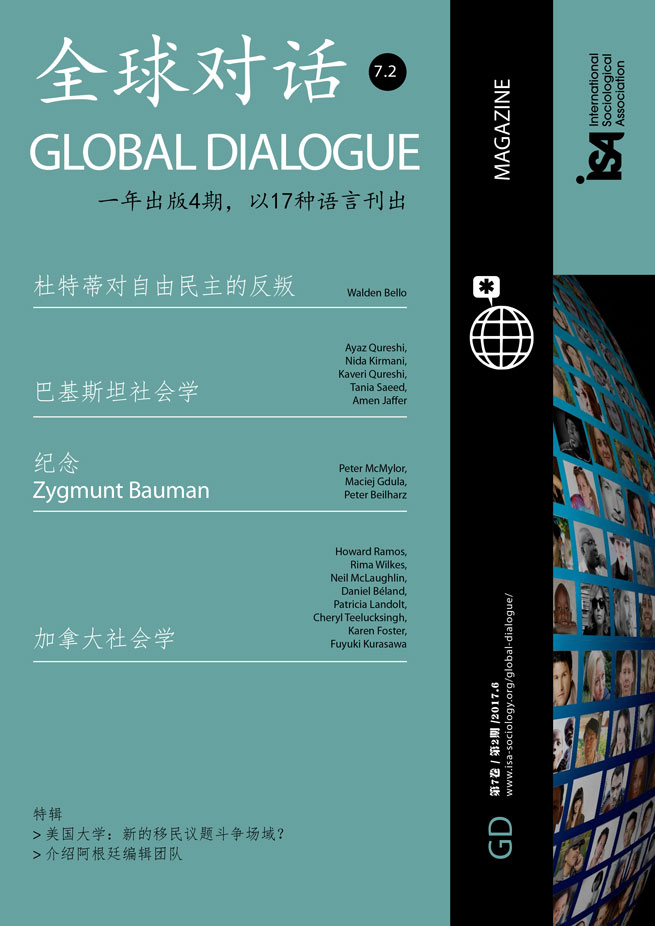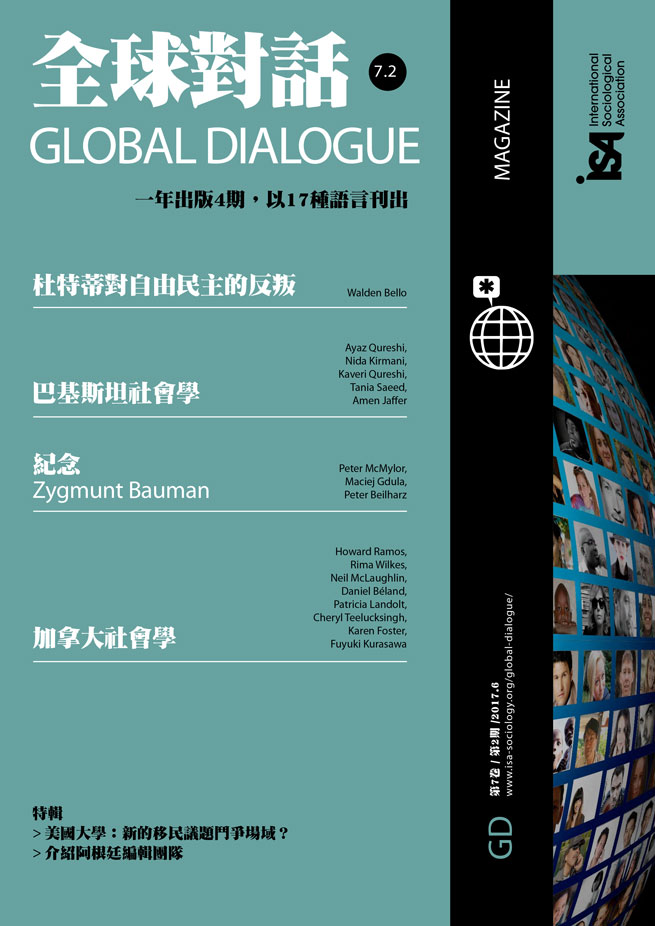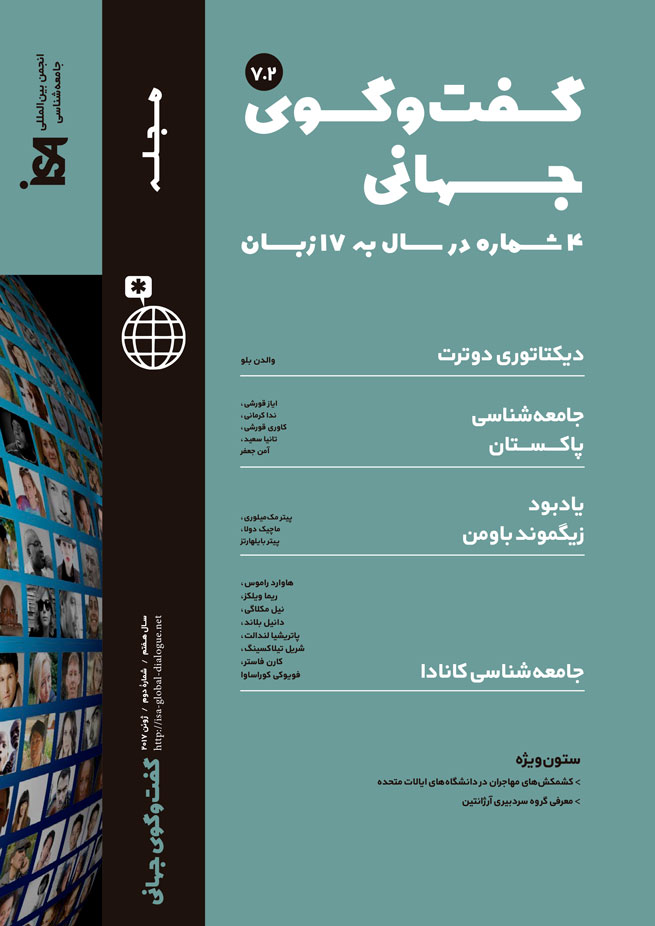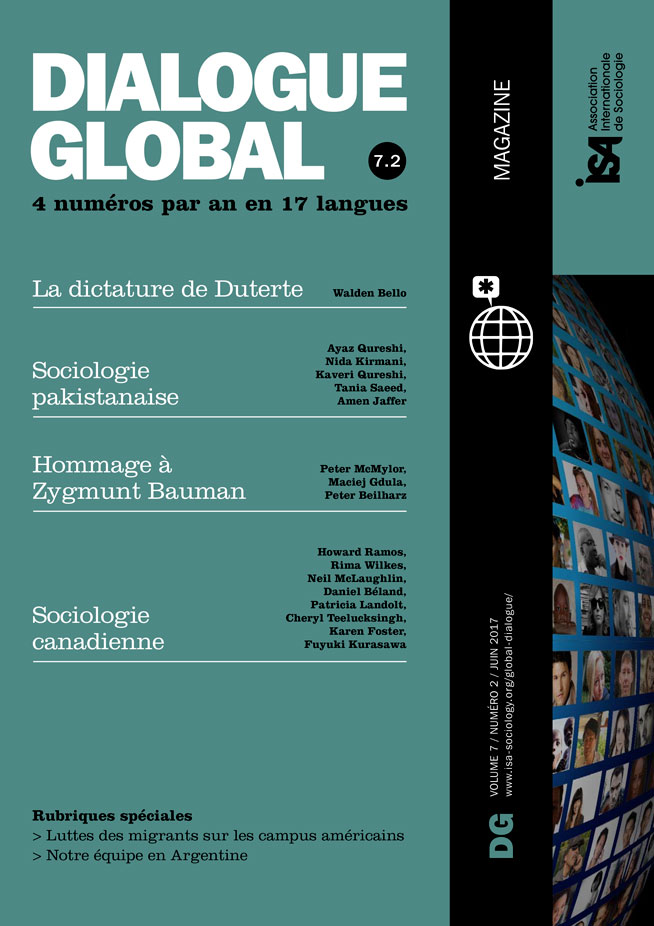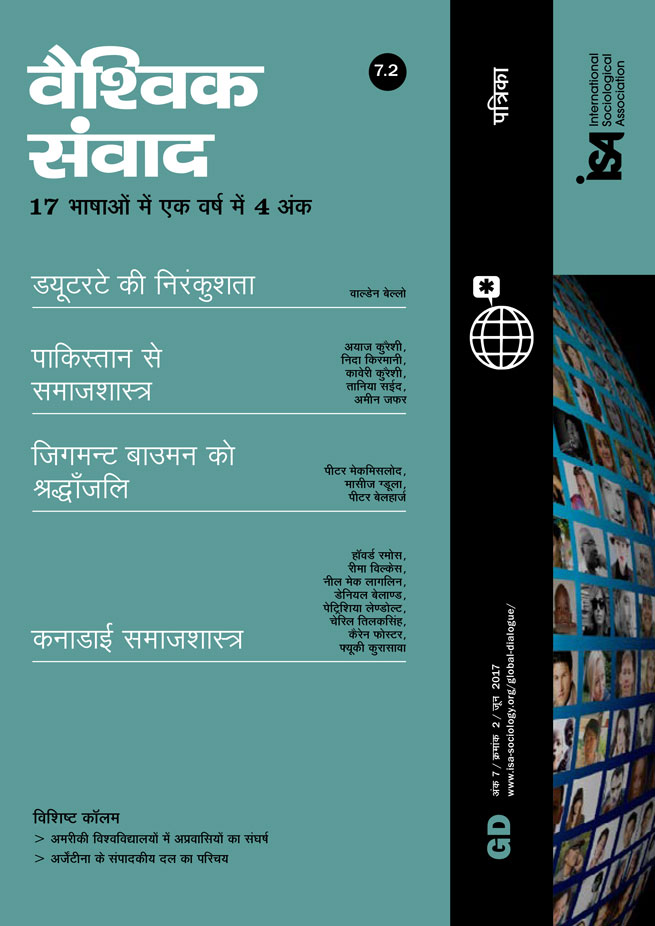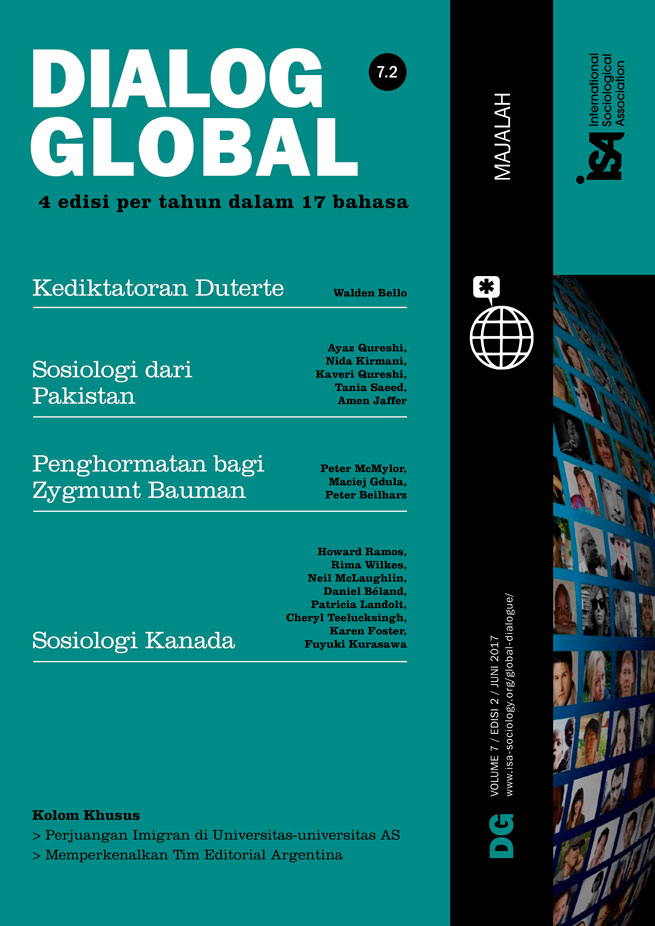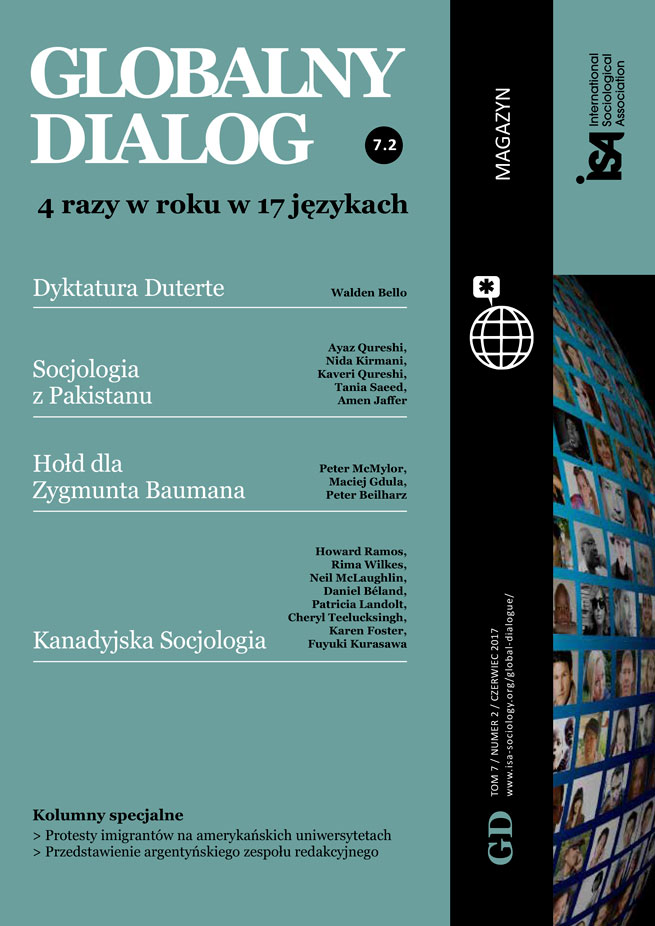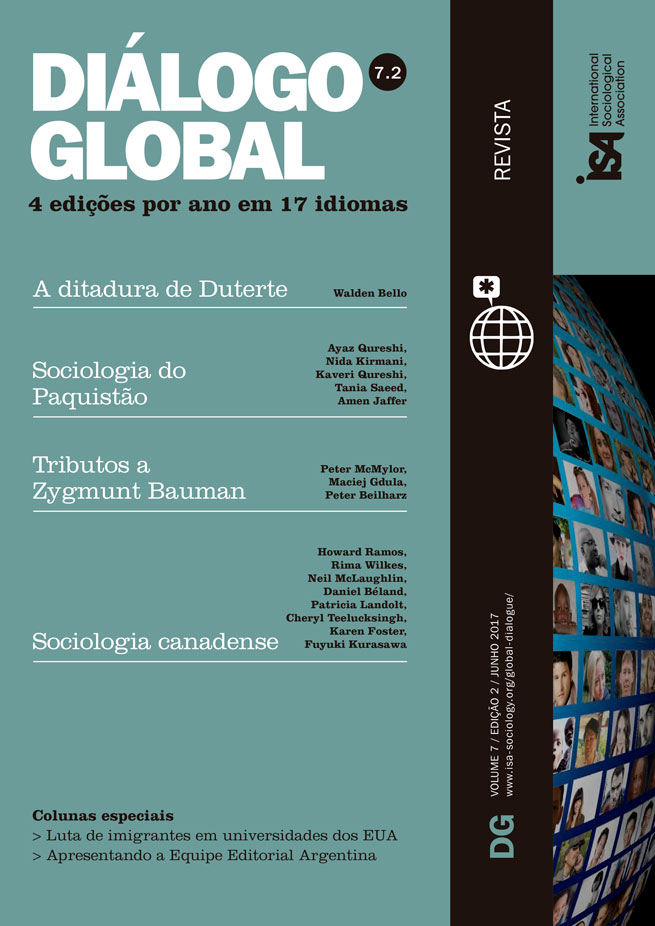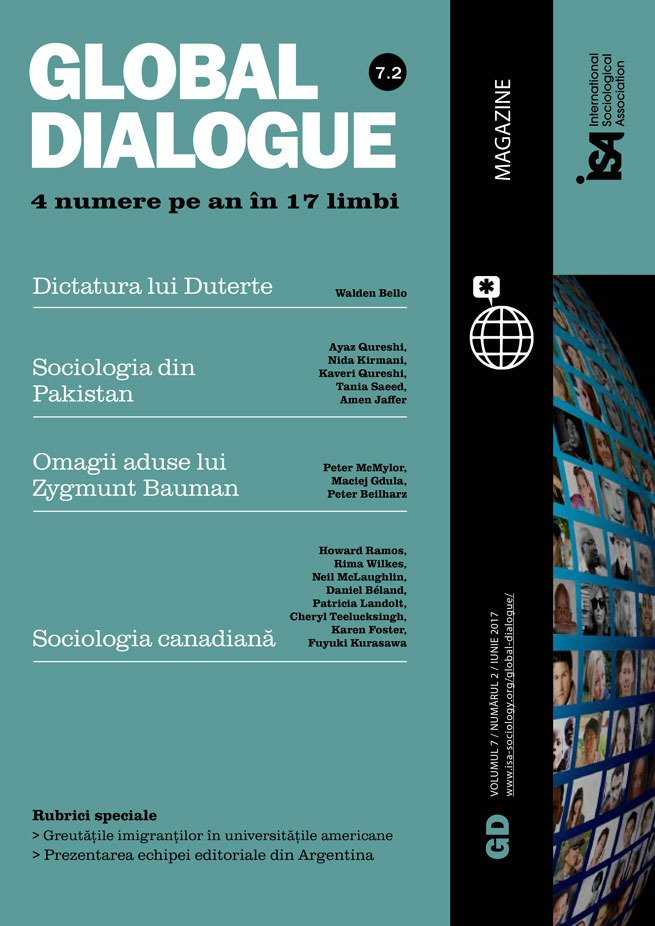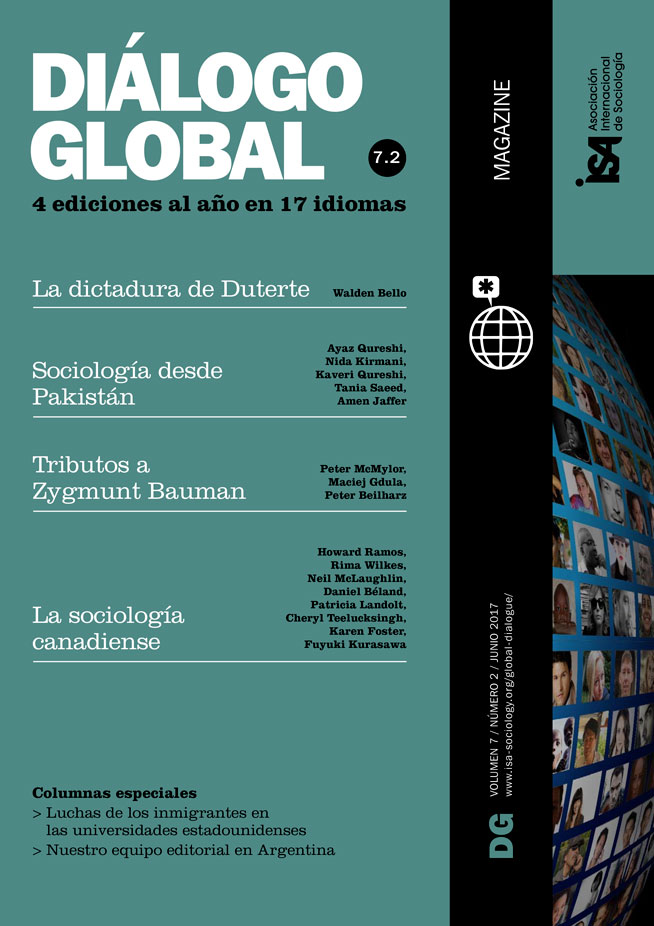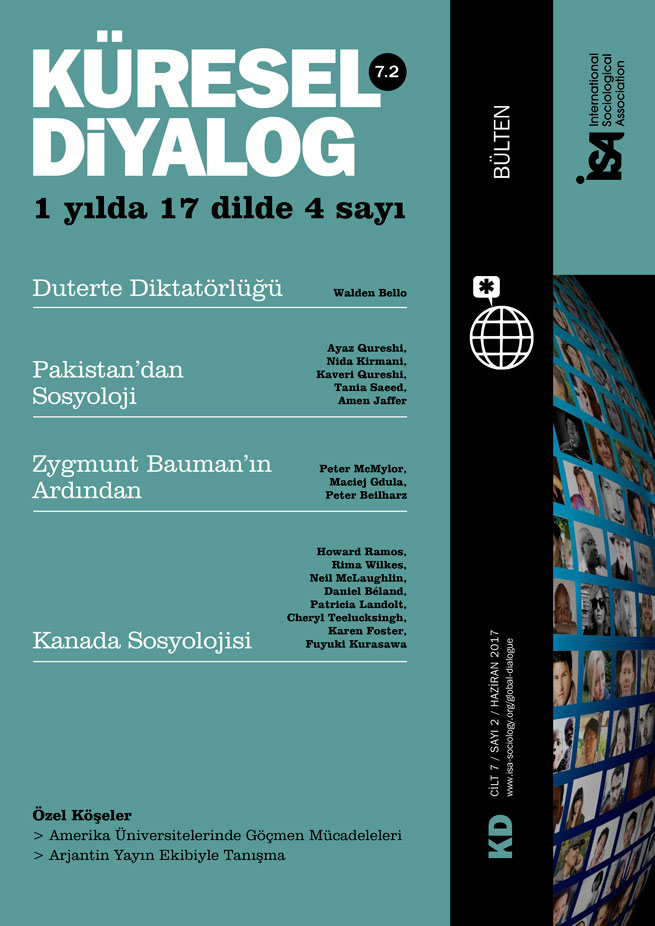Read more about In Memoriam

Remembering Zygmunt Bauman
by Peter Beilharz

Zygmunt Bauman, the Skeptical Utopian
by Maciej Gdula
May 30, 2017
The Polish sociologist Zygmunt Bauman has died at the age of 91, bringing to an end his remarkable career as one of the contemporary world’s leading sociologists. It is very difficult to sum up the life and work of such a vital figure, but it is entirely true, as Keith Tester put it, that “the likes of Zygmunt Bauman will never be found in the world of academia again. He is one of that generation of Central and Eastern European intellectuals who literally lived through the disasters of the twentieth century. He experienced what others only write about.”
Born in 1925 to a Jewish family in Poznan, Poland, Bauman and his family were forced to flee to the Soviet Union in 1939 to escape the invading Nazi armies. Four years later he joined the Polish army in the Soviet Union, fighting on the Eastern Front. Though he was wounded, he returned to the fight to join in the battle for Berlin in 1945.
In post-war Poland Bauman earned rapid promotion, becoming an army captain and a political officer. At this stage he appears to have been quite an idealistic Communist, but his faith in the Party suffered a severe blow in the early 1950s, when he was removed from the Armed Forces during an anti-Semitic purge. He quickly switched to an academic career, and in 1954 he became a lecturer in social science at Warsaw University. He made a successful career in sociology, publishing on a wide range of topics; by the mid-1960s he occupied the Chair in General Sociology at Warsaw University.
However, Bauman appears to have already been viewed as a revisionist Marxist by the authorities, especially after he produced some pieces that seemed skeptical about aspects of state socialist societies, including an article on the limits of planning. His position was far from secure, and in another anti-Semitic purge of academics in 1968, he and five other professors at Warsaw University were sacked. Later that year Bauman and his family left Poland. After a series of temporary academic posts in Israel, Australia and Canada, he eventually settled in Britain. From 1971 until his retirement, he was professor of sociology at the University of Leeds.
Once securely based in Leeds, Bauman quickly established himself as a familiar figure in British sociology. His knowledge of several European languages as well as his grasp of philosophical and sociological theories meant that he was very well prepared to assist in an explosion of interest in continental theory. In the 1980s Bauman was considered a key figure in the exploration of what was then called “post-modernity”. However, Bauman quickly began to realize the risks of being bracketed into what was then being established as a rather apolitical and even reactionary intellectual framework.
In order to maintain a critical attitude towards the emerging social order at such a liminal moment, he settled instead on the exploratory image of the “liquid modern.” Starting with Liquid Modernity in 2000, Bauman explored the impacts of marketization and individualization which have characterized the broader neoliberal project, always sensitive to the pain and damage that these processes have inflicted upon so many.
The central focus of all Bauman’s later work has been the character of modernity itself. The pivotal book highlighting this analysis is his award-winning study of Modernity and the Holocaust (1989), a pioneering work of sociology for which he was awarded the Amalfi Prize. The book focuses on the immense capacity for evil that lies within the modernist project through the “rationalized” organizational capacity unleashed in modern societies. From then onward, all his work carried an overt moral charge.
After publishing Postmodern Ethics in 1993, Bauman became influential in raising the significance of the sociology of ethics. His profound skepticism toward conventional sociological accounts of morality, provoked by the profound horrors of the twentieth century – some of which he had witnessed personally – led him to a sustained intellectual engagement with the work of the philosopher and theologian Emmanuel Levinas. This project encouraged Bauman to develop what one may call a moral phenomenology, in which the sources of moral action are understood as fundamental, constitutive of what it is to be human and prior to the processes of socialization.
Bauman’s work on ethics has been deeply controversial, often viewed as challenging for sociologists. But Bauman’s sociological (rather than philosophical) focus on the damaging power of institutions and their tendency to limit and atrophy the moral capacity of human agents is both brilliant and urgent. His work will continue to be read by all sociologists who hope the discipline will be more than mere administrative science.
Peter McMylor, University of Manchester, UK
This issue is not available yet in this language.
Request to be notified when the issue is available in your language.
If you prefer, you can access previous issues available in your language:


